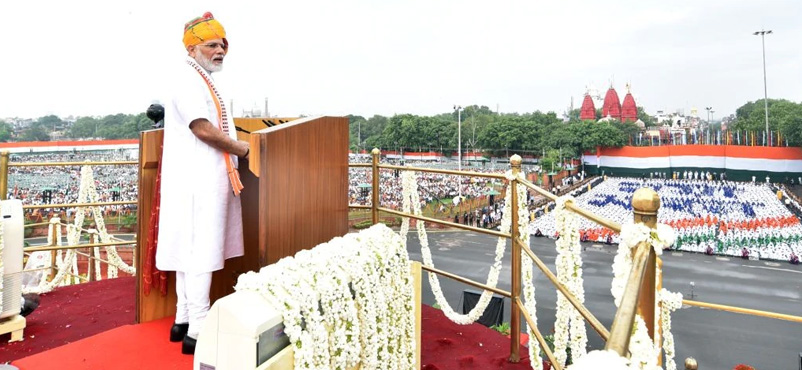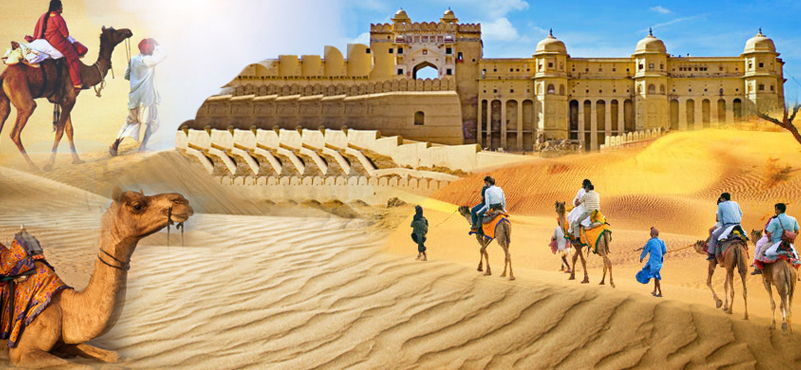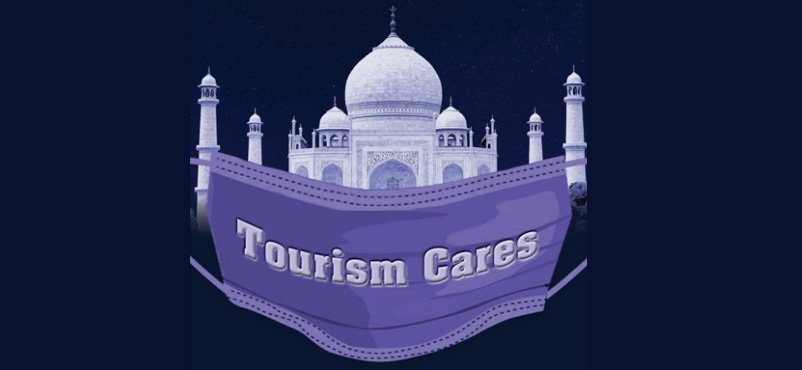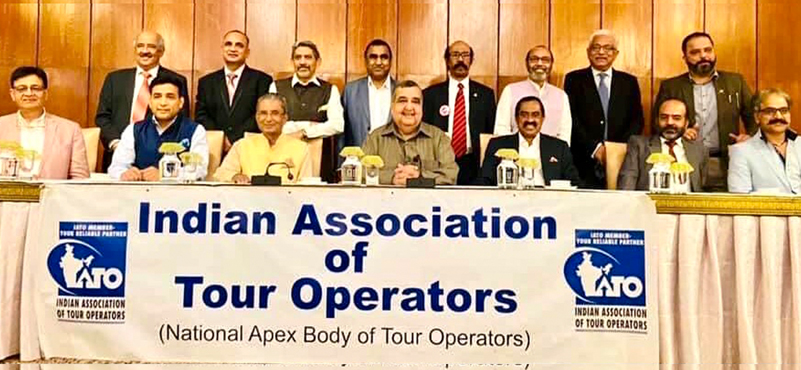Prime Minister Narendra Modi’s speech on the 73rd Independence Day has batted for tourism, even more vehemently than any tourism industry protagonist ever could! He used the word ‘tourism’ a dozen times, which in itself was remarkable for our industry that has come to accept that tourism is not meant to be mentioned. Because that has been the rule, more often than not. Such importance has come as a shot in the arm for an industry that has continued to rue the absence of its importance. In his long address, he devoted substantial time to matters of tourism. Certainly not his first, but his statements on domestic tourism and tourism as a critical driver of national growth assume importance and must come as sweet music for all concerned stakeholders. For it validates the industry’s view that tourism is beyond Sair Sapata and must assume a more serious standing in the national discourse.
First, let us recap what the PM said. He urged the country to join hands in pushing tourism as it “promoted maximum employment generation with minimum investment.” “It strengthens the economy of the country,” he said.
He asked the country to contemplate on how to boost the sector and attract a greater share of international footfalls.
Laying unprecedented emphasis on domestic tourism, he made a personal plea to citizens asking them to visit “15 destinations before 2022”, when India celebrated the 75th anniversary of its Independence. He noted that it was a great way to educate the younger generation about the nation. “Which parent would not want their children to know their nation’s heritage, culture and roots better,” he asked. He also underlined the need for staying rooted, indicating that tourism could also play a significant role in shaping better individuals, and consequently a better society.
He asked people to visit destinations even if they provided limited boarding facilities and had teething problems and argued that investors and providers of services were going to follow soon after. “Sometimes, difficulties also help in life,” he philosophically reflected. He asked citizens to devote 7-10 days in a year to the cause of promoting new destinations.
Possibly suggesting a roadmap for concerned stakeholders in the government, he batted for developing 100 destinations throughout the country which were frequented by tourists. “Why cannot we have 5-7-10 such destinations in each state,” he noted.
The Northeast found a special mention in his speech where he marvelled at the abundance of nature’s bounty in the region, at the same time putting universities in the dock, questioning how many of them took student excursions in the region.
The PM noted that citizens could help create new possibilities for destinations and make the world look at India from an entirely new perspective by aiding tourism. Important to note that he did not vilify international travel but asked people to give primacy to domestic travel.
The moot question is: after such astute advocacy, what next? If the PM can express such close understanding of the merits of tourism, then what should we expect next? In his first innings as well, he had spelt out a vision for tourism. In his run-up to the elections in 2014, he had enunciated his most encouraging 5Ts, which included tourism. But then not as much has happened as could have, during the last five years. It is our submission that both his government and the industry have failed his expectations. After all, the PM has pronounced his vision, and it is for the Ministry of Tourism, the government at large, and the industry that must rally behind him. This did not happen.
What is the way forward, and how can he make this happen? In our opinion, the PM should assume the charge of the tourism ministry with the MoS Tourism being a direct part of the PMO, so that it has the necessary clout to reach out to every ministry. It would be befitting as he is already overseeing all ministries as the PM. He can identify how each ministry could contribute to tourism. Alternatively, he could assign this task to some specific agency, or person, and empower it to complete this task on his behalf. The present Ministry of Tourism is relatively toothless; it can reach out to other arms of the government but cannot prevail upon them. This proposed set-up must have the requisite teeth. Because tourism involves virtually every other ministry and does not have the mandate to instruct other arms. Tourism has no face of its own. It is a total of diverse sectors and segments. It has airports and airlines which come under the Ministry of Civil Aviation; it has hotels and resorts which come under MoT; it has law and order and visa regulation which come under Ministry of Home Affairs. It involves road and railways which involves the Ministry of Road Transport and Highways, and the Ministry of Railways respectively. It concerns environment-friendly commitment which is looked after by the Ministry of Environment, Forest and Climate Change. Promoting aspects that are uniquely Indian, such as Ayurveda and wellness, is the purview of the Ministry of AYUSH. Hygiene, sanitation and urban development equally involve the Ministry of Housing and Urban Affairs and the Ministry of Drinking Water and Sanitation. It is amply evident that the tentacles of tourism are spread far and wide. Therefore, in a vast and developing nation like ours, it would be difficult to reach PM’s ambitious targets, if there was no single agency overriding all the ministries on matters of tourism.
In our opinion, it is best that tourism as a subject comes within the ambit of the PMO. The other possibility is creating a Tourism Mission that is empowered across the country, at the central and state levels, to bring the various verticals together onto the same page, with a common goal. Only when all of it come together will we have a holistic manifestation of what makes tourism. It would envision India’s tourism potential, creating the roadmap, and also overseeing its implementation, all within a single agency that reports directly to the PM himself.
It has been a given that tourism involves us all and that tourism is everybody’s business. We have not effectively taken this to its logical conclusion.




































